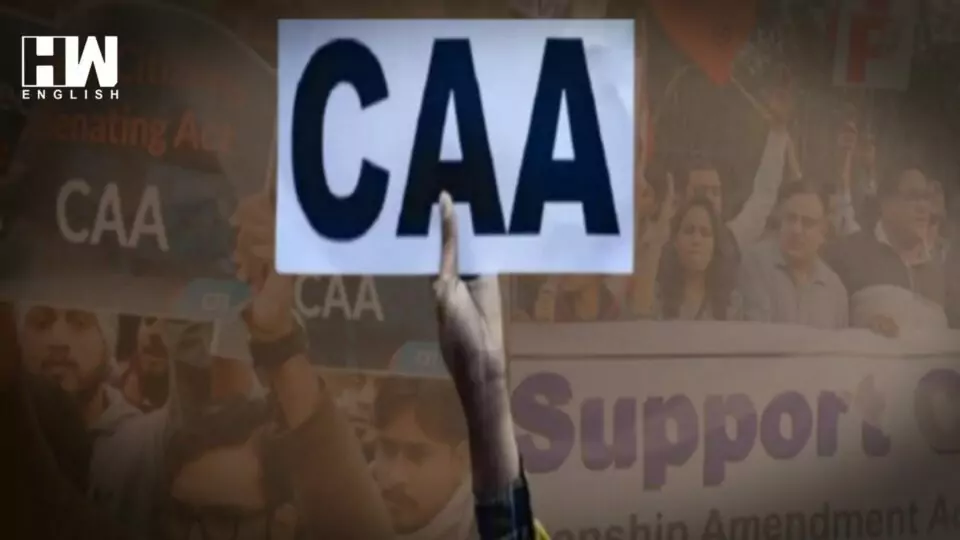A recent report by the Congressional Research Service (CRS), an independent research wing of the US Congress, has raised concerns that specific provisions of India’s newly implemented Citizenship Amendment Act (CAA) could potentially violate the Constitution.
The CAA, which was enacted in 2019 but implemented in March 2024, amended the 1955 Citizenship Act to allow undocumented non-Muslim migrants from Pakistan, Bangladesh, and Afghanistan who arrived in India before December 31, 2014, a path to citizenship.
According to the CRS report, “The CAA’s key provisions — allowing immigrants of six religions from three countries a path to citizenship while excluding Muslims — may violate certain Articles of the Indian Constitution.”
The report highlights apprehensions that, combined with the planned National Register of Citizens (NRC), the CAA could jeopardize the rights of India’s Muslim minority population. Those opposing the act view it as part of the ruling BJP’s “Hindu majoritarian, anti-Muslim agenda” that threatens India’s secular foundations and violates international human rights norms.
Noting the timing of the CAA’s implementation amidst the BJP’s re-election campaign, the report states, “some observers view the timing as motivated largely by politics.”
Citing critics, it contends the CAA “forwarding alleged Modi-BJP efforts to undermine India’s secular ethos and establish what one senior observer calls ‘an ethnic democracy that equates the [Hindu] majoritarian community with the nation’ and relegates others to second-class status.”
While an advisory body to the US Congress, the CRS does not represent official congressional views. However, its findings add to the concerns previously voiced by the Biden administration, which stated it is closely monitoring the CAA’s implementation in India.
For its part, the Indian government has dismissed criticism, maintaining the CAA, which is primarily aimed at granting citizenship, not revoking it from any community. In a statement, the Centre assured us that no Indian citizen would lose citizenship due to this legislation.
As the CAA remains a contentious issue internally and attracts international scrutiny, its eventual implementation and fallout will be closely watched, especially regarding its potential impact on India’s Muslim population and secular principles.
Also Read: Opposition Uproar Follows PM Modi’s ‘Large Family’ Comment
As an independent media platform, we do not take advertisements from governments and corporate houses. It is you, our readers, who have supported us on our journey to do honest and unbiased journalism. Please contribute, so that we can continue to do the same in future.

